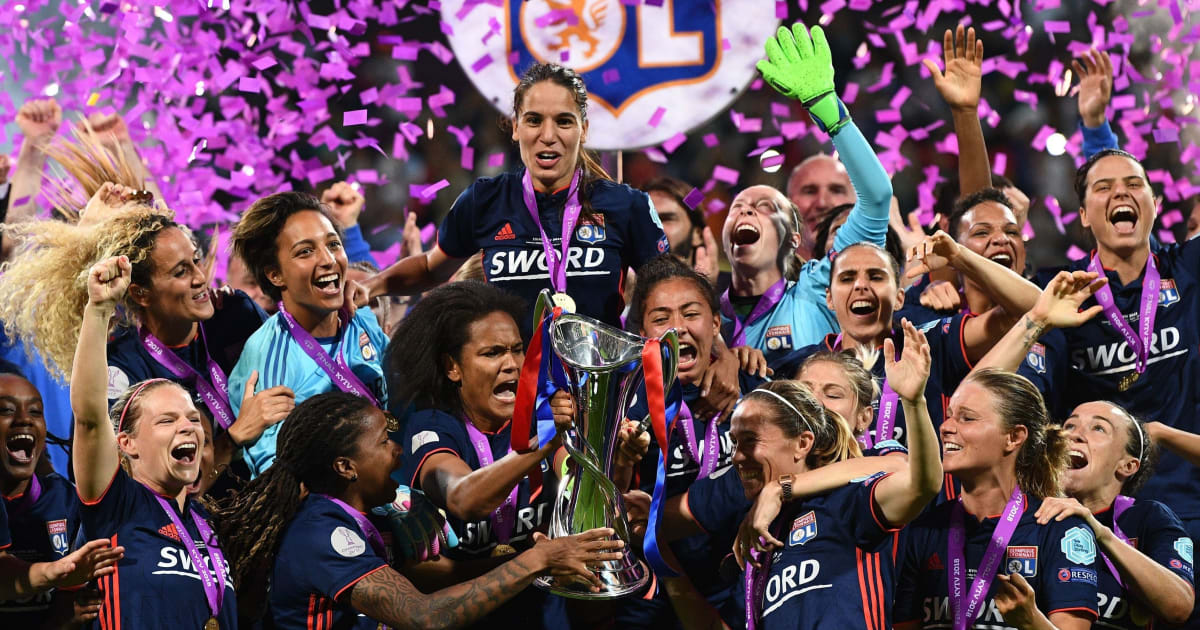December 5 – UEFA has announced the introduction of a new 16-team group stage for the Women’s Champions League from the 2021-22 season with centralised marketing and TV sales programme raise revenues and the profile of the women’s club game.
The qualification process will be split into a Champions and League path as clubs seek to progress to the group stage where teams will play home and away with the top two in each group advancing to the last eight. The knockout phase will remain unchanged.
“This is a game changer for women’s football,” said UEFA president Aleksander Ceferin. “The world’s best women’s club competition will get both the platform and visibility it deserves. By guaranteeing teams more matches against their elite rivals, we believe that the group structure will raise the quality of the women’s game even more.”
UEFA director of competitions Giorgio Marchetti argued that the time was right for the expansion. Since 2009, the competition has used groups in the qualifying rounds but from the last 32 onward has seen a two-leg, knockout format.
“It’s been a long process,” said Marchetti. “The talks about changing the format and creating a group stage started several years ago. We pushed it back because we felt the conditions were not yet met. But now we see that, with the investment of UEFA and the investment of the national associations and the investment of the clubs, the game is growing. Certainly, there is more interest also from the market and the media.”
“So we think the time is right to do for women what we did for men many years ago.”
ECA chair of the women’s football committee and president of six-time Women’s Champions League winners Olympique Lyon Jean-Michel Aulas also weighed in with his opinion. Last season his Lyon defeated FC Barcelona 4-1 in the final of the competition to consolidate their position as Europe’s top team.
“The reforms to the Women’s Champions League are a huge step in the professionalisation of women’s club football,” said Aulas. “We, as clubs, are confident that more games of quality for the top women’s teams in Europe will help to develop the game and inspire the next generation of women’s footballers.”
Contact the writer of this story, Samindra Kunti, at moc.l1714083647labto1714083647ofdlr1714083647owedi1714083647sni@o1714083647fni1714083647

